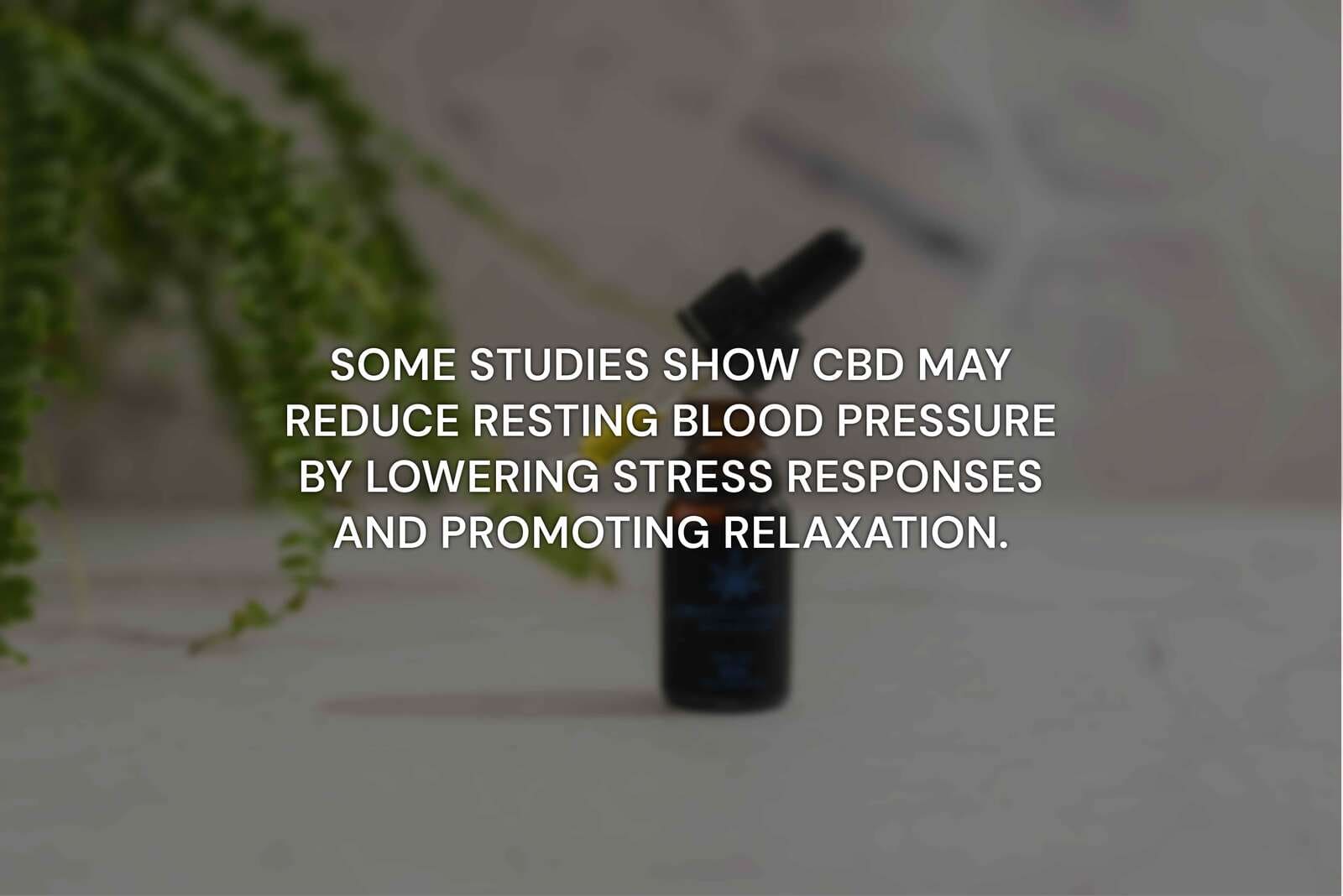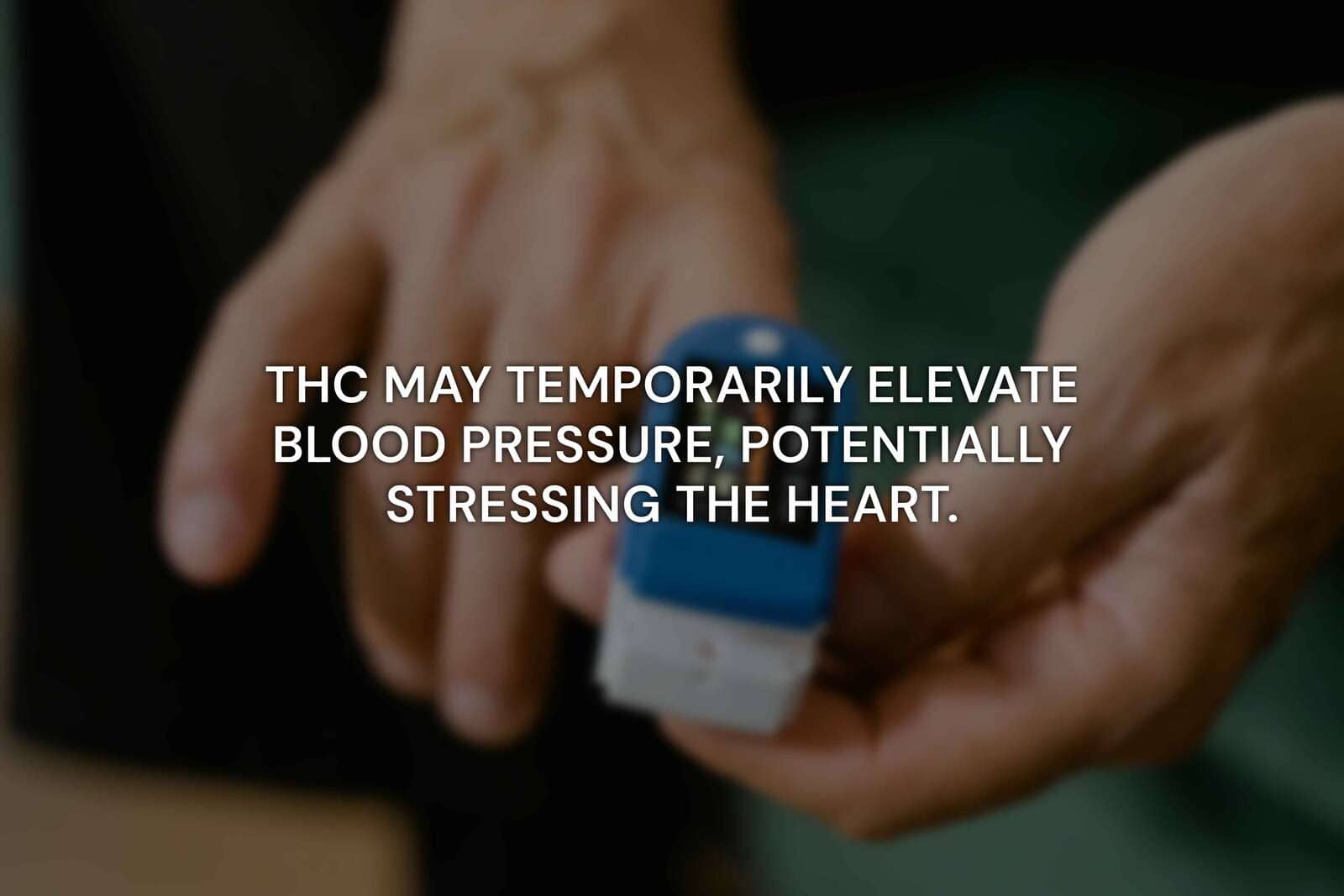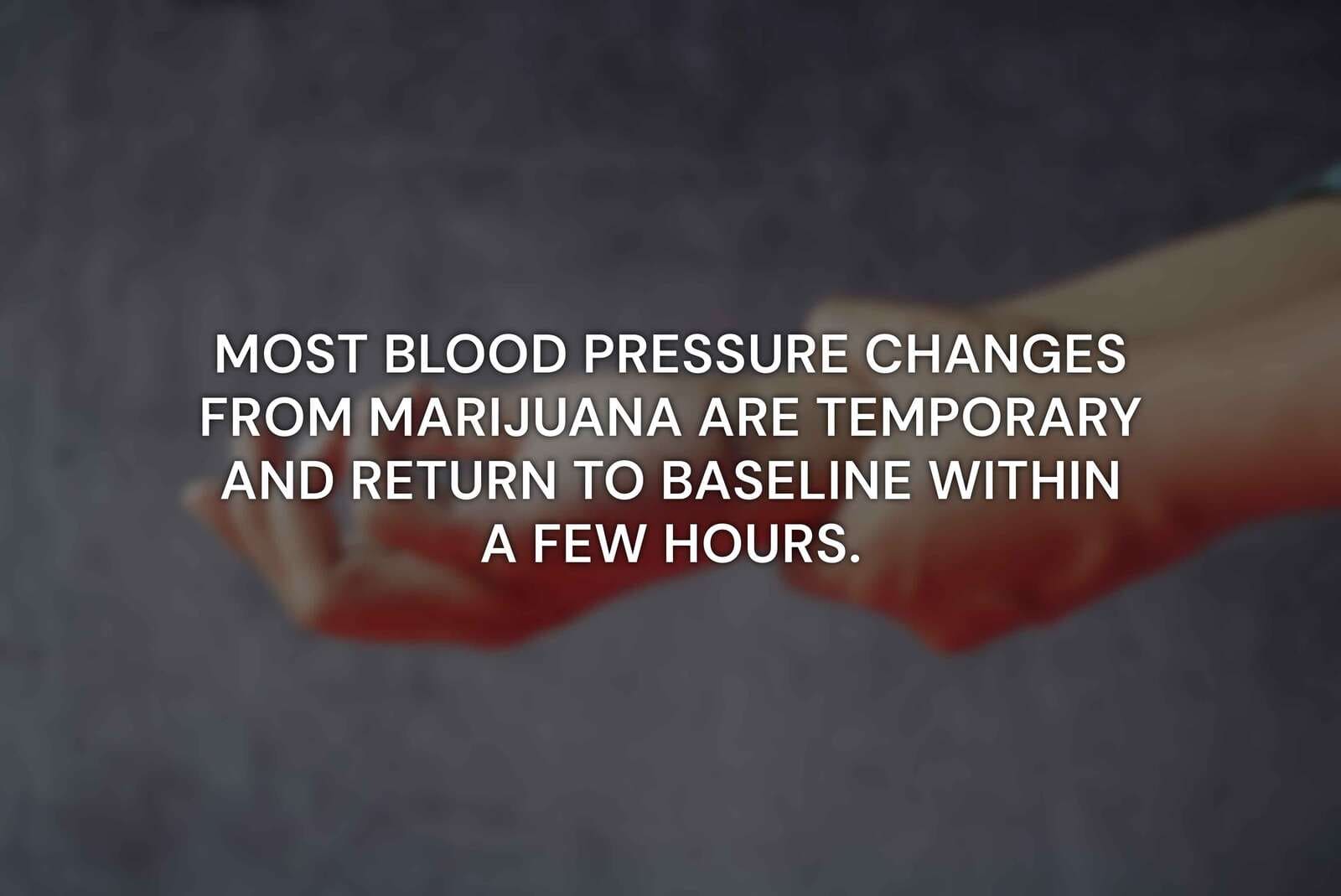Understanding Marijuana’s Effect on Blood Pressure
Marijuana can influence blood pressure through its impact on the cardiovascular system, but its effects are complex. Shortly after use, marijuana—particularly THC-dominant strains—often causes a temporary increase in heart rate and blood pressure, followed by a potential drop in blood pressure as the effects wear off. This drop can cause dizziness or lightheadedness, especially when standing up quickly, a condition known as orthostatic hypotension.
How THC and CBD Affect Blood Pressure
Marijuana’s two most well-known cannabinoids, THC and CBD, affect blood pressure differently:
- THC (Tetrahydrocannabinol)
- Stimulates the sympathetic nervous system, which can initially raise heart rate and blood pressure.
- May cause blood pressure to drop after the initial increase due to vasodilation (widening of blood vessels).
- Sudden drops can lead to fainting in sensitive individuals.
- CBD (Cannabidiol)
- Non-psychoactive and generally well-tolerated.
- Some studies show CBD may reduce resting blood pressure by lowering stress responses and promoting relaxation.
- Effects are mild and more consistent over time compared to THC.

Scientific Evidence on Marijuana and Blood Pressure
Research shows mixed results due to variations in dosage, cannabinoid ratios, and participant health:
- Acute Effects – In a 2017 Journal of Clinical Investigation study, CBD reduced resting systolic blood pressure by about 6 mmHg in healthy volunteers.
- Chronic Use – Long-term THC use has been associated with both mild increases and decreases in blood pressure depending on usage patterns and individual physiology.
- Epidemiological Data – Some population studies find no significant difference in baseline blood pressure between marijuana users and non-users, suggesting effects may be short-lived.
Risks for People With Blood Pressure Conditions
Marijuana can present risks for individuals with certain cardiovascular issues:
- Hypertension (High Blood Pressure): THC may temporarily elevate blood pressure, potentially stressing the heart.
- Hypotension (Low Blood Pressure): Marijuana can lower blood pressure further, increasing fainting risk.
- Heart Disease: Rapid changes in heart rate and blood pressure can trigger complications in people with heart conditions.
Example: The American Heart Association advises against smoking marijuana for individuals with known heart disease due to cardiovascular strain.

Factors That Influence Blood Pressure Changes
Several factors determine whether marijuana will raise or lower your blood pressure:
- Dosage – Low doses may relax blood vessels, while high doses can trigger rapid spikes and drops.
- Method of Consumption – Smoking and vaping deliver cannabinoids rapidly, causing quicker cardiovascular changes. Edibles produce slower, prolonged effects.
- Cannabinoid Ratio – High-CBD products are less likely to cause sudden fluctuations.
- Individual Tolerance – Frequent users often experience less pronounced changes than occasional users.
Safer Practices for People Concerned About Blood Pressure
- Consult a Healthcare Provider: Especially if you have hypertension, hypotension, or heart disease.
- Start Low and Go Slow: Avoid high doses that may cause dramatic cardiovascular changes.
- Stay Hydrated: Proper hydration helps reduce dizziness from blood pressure drops.
- Avoid Combining With Alcohol: Both can lower blood pressure, increasing fainting risk.
Consumption Methods With Lower Risk
- CBD Oils and Capsules – Provide controlled dosing without inhalation risks.
- Vaporizing at Low Temperatures – Reduces exposure to combustion-related toxins and allows for milder onset.
- Edibles in Low Doses – Offer a gradual effect that may be easier to monitor.
Key Questions and Answers
Does marijuana permanently lower blood pressure?
No. Most blood pressure changes from marijuana are temporary and return to baseline within a few hours.
Is marijuana safe for people with high blood pressure?
It depends on the person, dose, and consumption method. People with high blood pressure should consult their doctor before use.
Can CBD help with hypertension?
Preliminary studies suggest CBD may help reduce resting blood pressure, but more research is needed before it can be recommended as a treatment.

Supporting Research and Expert Opinions
- The American Heart Association cautions that marijuana can cause rapid cardiovascular changes and should be used carefully by people with heart disease.
- A 2017 JCI Insight study found CBD reduced stress-induced increases in blood pressure in healthy volunteers.
- Case reports show THC-related fainting episodes, especially in new or infrequent users.
The Bottom Line
Marijuana can cause short-term increases or decreases in blood pressure depending on dose, cannabinoid ratio, and individual response. While CBD shows potential for mild blood pressure reduction, THC can cause unpredictable changes, making caution essential—especially for those with cardiovascular concerns. Choosing lower-THC, higher-CBD products and moderating dose can help reduce risks.